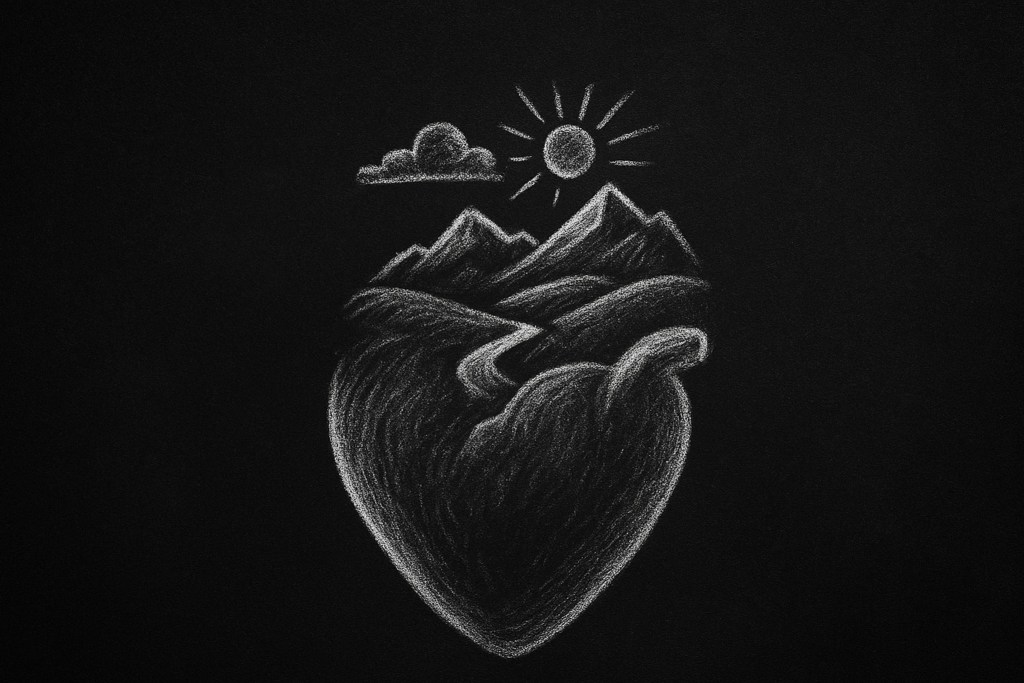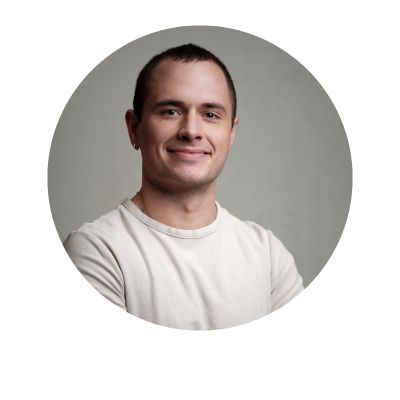Stop Doubting Your Creative Dreams and Start Making Films

Unlike poetry, filmmaking usually stretches over a longer timespan from idea to reality. And during that time, its easy t let life get inbetween you and your dreams.
But it doesn’t have to be that way.
In this article. I want to explore how we can close the gap between having film ideas and actually making films. And why your creative dreams are far more valuable than you might think.
Why Your Dreams Matter
Your dream of filmmaking might include prizes and red carpets. But at the heart of it, I believe anyone who dreams of making films—or any kind of art—carries an inner need to express themselves.
Behind that need lies something far deeper and more valuable than awards and fame.
The filmmaking process is a marathon.
Unlike a poet, who can transform an idea into a poem within seconds. A filmmaker must often live with their idea for months or even years before it becomes reality.And in that process, sacrifices are inevitable. It will probably cost you some money, your time, and favors from other people. (Unless you have funding, which few people do at the start.)
So naturally, you’re forced to confront fundamental questions during writing and production:
- What life experience do I feel I need to share?
- Am I telling this story truthfully?
- What is my perspective on the world?
- Why should I tell this story and not someone else?
Exploring those questions pulls you into your inner world. And that’s where you’ll begin to find the real value.
The Tresures of Your inner world

First of all, you’ll gain clarity around your idea and motivation to share it. Because in order to live with an idea for months or years—without anyone paying you for it—that idea needs to be part of who you are.
But beyond that, you’ll gain something even more important: access to authenticity. That inner world holds the key to unique filmmaking style. And as a huge bonus.. It’s a journey of self-discovery that deepens your connection to yourself and to the world around you.
Personally, I see storytelling as my assignment during my time on earth. It’s with me every waking hour of the day. As a collector of impressions. Its my way of experiencing and sharing my time on earth with others.
You might not feel that way. But regardless if storytelling and filmmaking is central to your identity or not. I’d advise you to treat your curiosity like a gift.
Let time show you what it becomes. Don’t try to predict success or failure—that’s not up to you. Your task is simply to explore your curiosity and express yourself truthfully.
Filmmaking Leads You Out Into the World
Unlike animators or writers who can stay behind their desks. Filmmakers working with cameras and actors and crews. Are pushed out into the world.
We’re asked to look closely at our surroundings. To observe beauty in everyday life, and to collaborate with others.
This act of observing, listening, and communicating inevitably shapes us—not only as artists but as human beings.
Think about the filmmakers you admire. What sets them apart is not technical perfection, but their unique perspective on life.
- Tarkovsky saw spirituality in the mundane.
- Chloé Zhao found poetry in small American communities.
- Ozu revealed truth in ordinary family dinners.
These visions weren’t invented in isolation; they came from watching closely how life resonated with something deep within themselves.
Your unique voice will grow the same way—by immersing yourself in reality and reflecting it through film.
Let Filmmaking Shape Your Vision
When I first started, I imitated films I had seen. That’s natural for any beginner—you copy what inspires you.
But after a few short films, I realized how much time and energy it takes to complete a project. And that the only way to stay motivated over the long haul was to make films that connected with something deeper inside me.
The first project that truly meant something to me dealt with my father’s death. Oddly enough, it wasn’t the subject of death itself that mattered most, but the realization that small, personal stories can carry profound truths about existence.
That insight shaped my entire approach.
I now seek out “seemingly small events that reveal something essential about life.”
This guiding principle helps me choose which stories to tell, and how to tell them.
The point is simple: you don’t shape your vision by thinking about films—you shape it by making them. It’s an ongoing cycle of imagining, creating, and reflecting. Skip the step of actually making, and your voice will never fully emerge.
The Cost of Ignoring Your Creativity
Every time you dismiss your creative urge—by telling yourself there’s no room for it—you drain your life energy.
We don’t get to choose who we fall in love with, the color of our eyes, or our raw talents. In the same way, we don’t choose our creative dreams. They come to us for a reason.
Think back to the last time you killed an idea. Remember that emptiness afterward?
Now imagine the opposite: acting on your next film idea. Forget the logistics for a moment. How does it feel in your body? Exciting? Thrilling? That’s life energy. Creativity is just as potent as love, and it grows when you honor it.
Trust me: filmmaking won’t just enrich your art—it will deepen how you see the world itself.
Taking Dreams Seriously Doesn’t Mean Quitting Everything
Let’s be real: films require resources. Crews, cameras, money. Or do they?
When I went to film school, we were trained to work with large crews and expensive Alexa cameras. Because that was the model of “real filmmaking.”
But why should Hollywood set the standard for the entire medium?
Painters throughout history didn’t wait for perfect conditions. They worked with the pigments that were affordable, and those limitations shaped entire art movements.
- Vermeer, used earth tones generously because ultramarine was too expensive.
- Impressionists embraced new synthetic colors in tubes, which allowed them to paint outdoors and changed the way they saw light.
- Picasso turned to cheap house paint and newspaper when oils were out of reach, inventing whole new techniques in the process.
Filmmaking is the same. Trying to create with resources you don’t yet have is just another way of procrastinating. Instead, use what’s available.
Many filmmakers have turned constraints into their strength:
- Hong Sang-soo makes one feature a year, often with just a few actors, everyday locations, and minimal crews.
- Robert Rodriguez shot El Mariachi for $7,000, using friends, borrowed equipment, and pure creativity.
- Sean Baker filmed Tangerine entirely on an iPhone—and premiered at Sundance.
- Chloé Zhao worked with non-professional actors and tiny budgets, yet her intimate films eventually won her an Oscar.
The lesson? You don’t need Hollywood budgets to be a filmmaker. Start small, and write for what you can shoot:
- Shoot a scene, not a feature. Then edit that scene, and keep going. After a year of doing this, you’ll have a feature.
- Write for an evening, not a year. Challenge yourself to build around a single location.
- Gather two friends instead of a crew of twenty. Write for a few actors and limited camera moves.
- Film with a simple DSLR camera. Focus on making the lighting look professional—or make the script so good that nobody cares about lower production quality.
Make your limits the form of the film itself. Turn constraints into creative assets.
The First Step Is the Hardest—And the Most Important
The hardest part is always beginning. But once you do, momentum builds.
Set small, realistic deadlines. Enter short film festivals. Share your work in online forums. Connect with other creatives who will keep you accountable.
Because filmmaking isn’t just about the finished product—it’s about the person you become through the process.
Final Thoughts
Youre never too old to start, and the world genuinely needs your story. Your dreams came to you for a reason. Don’t let them die in the corner of a hard drive.
The camera you already have is enough. The time you already control is enough. And you, exactly as you are right now, are enough to begin.
So stop doubting your creative dreams. Start making films.
👉 Subscribe to my Substack newsletter, Discover Don’t Invent to get more behind-the-scenes notes from rehearsals, and essays about art, film, and the creative process.







